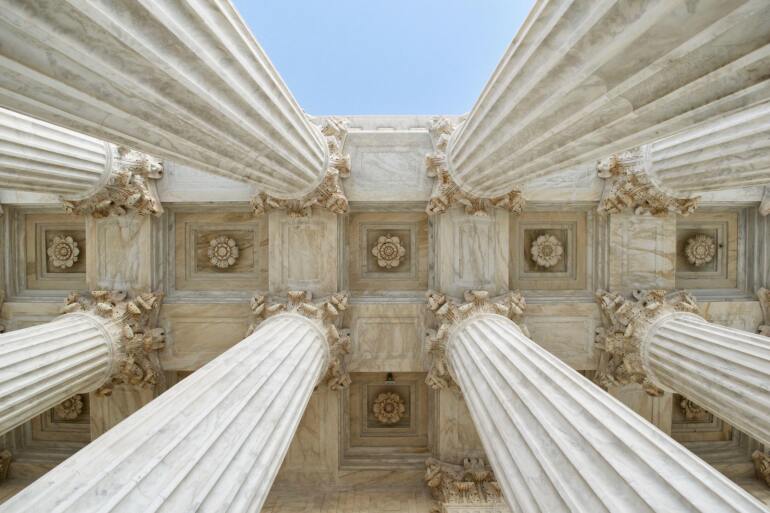Legal Update
Dec 14, 2020
FDA Issues Emergency Use Authorization for COVID-19 Vaccine
On December 11, 2020, FDA issued the first emergency use authorization (“EUA”) for a vaccine to prevent COVID-19. The vaccine, developed by Pfizer-BioNTech, is authorized for those 16 years of age and older. In granting an EUA, FDA reviewed clinical trial data from 37,586 participants, which established that the Pfizer-BioNTech COVID-19 Vaccine had an effectiveness of 95% in preventing COVID-19.
The scope of authorization of the EUA permits Pfizer to supply the vaccine directly or through authorized distributors to “emergency response stakeholders” at the direction of the US Government. According to the EUA, an “emergency response stakeholder” is a public health agency and its delegates “that have legal responsibility and authority for responding to an incident, based on political or geographical boundary lines (e.g., city county, tribal, territorial, State, or Federal) or functional (e.g., law enforcement or public health range) or sphere of authority to administer, deliver, or distribute vaccine in an emergency situation.” The vaccine must be administered by a “vaccination provider,” i.e., a professional authorized by the “emergency response stakeholder” to administer the vaccine, and only for use in preventing COVID-19 in those age 16 and over. No prescription is necessary.
The Pfizer-BioNTech COVID-19 Vaccine is the first mRNA vaccine authorized for use in the United States. FDA explained the mechanism of action of the vaccine in its announcement of the EUA:
The Pfizer-BioNTech COVID-19 Vaccine contains messenger RNA (mRNA), which is genetic material. The vaccine contains a small piece of the SARS-CoV-2 virus’s mRNA that instructs cells in the body to make the virus’s distinctive “spike” protein. When a person receives this vaccine, their body produces copies of the spike protein, which does not cause disease, but triggers the immune system to learn to react defensively, producing an immune response against SARS-CoV-2.
The vaccine requires two doses, spaced three weeks apart. The vaccine is supplied frozen and undiluted; it must be stored at between -80ºC to -60ºC (-112ºF to -76ºF) and protected from exposure to light until it is thawed and used.
As a condition for the EUA, FDA requires reporting of not just adverse events but any “[v]accine administration errors whether or not associated with an adverse event.” Pfizer also will be required to submit monthly safety reports as well as submit various manufacturing and quality control tests periodically. Post-authorization studies are also required, including for “populations of interest” identified as “healthcare workers, pregnant women, immunocompromised individuals, subpopulations with specific comorbidities.”
In addition to the EUA, FDA issued a fact sheet for healthcare providers as well a fact sheet for recipients and caregivers. The recipient/caregiver fact sheet notes that the vaccine is not mandatory: “It is your choice to receive or not receive the Pfizer-BioNTech COVID-19 Vaccine. Should you decide not to receive it, it will not change your standard medical care.”
The emergence of a COVID-19 vaccine is likely to raise many legal issues relating to its use, distribution, effectiveness, and potential for liability. Seyfarth regulatory attorneys are closely monitoring the situation around the clock. We are available to protect your interests, help you mitigate risks and liabilities, and keep you informed regarding the latest implications related to the COVID-19 crisis. Visit our COVID-19 Resource Center for more information.



